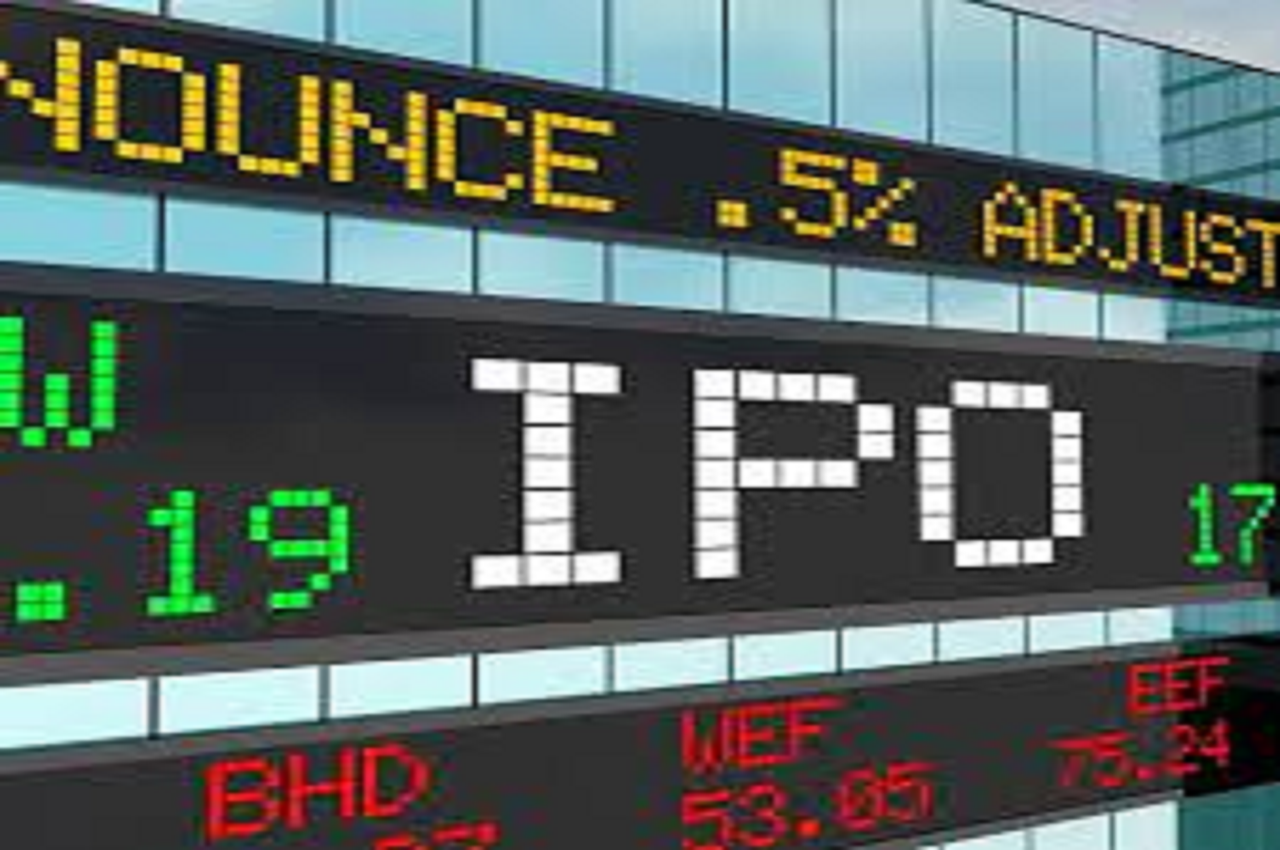What is IPO?
The full form IPO is Initial Public Offering. known as stock launch it is a process by which any private company offer its share for sale to the public for the first time. Through IPO launch private company becomes publicly-traded company and the company gets its name listed on the stock exchange.
Before going public, a company appoints an investment bank to conduct the IPO. In the underwriting agreement, the investment bank and the company hash out the IPO’s financial specifics. They thereafter submit the registration statement to the SEC together with the underwriting agreement. The SEC examines the disclosed information and, if confirmed accurate, approves a date for the IPO announcement.
Types of IPOs
There are mainly two types of IPOs. A company gets a boost when people start buying their equities. The two basic types of IPOs are
Book Building Issue
In India, a book building issue is a relatively recent idea compared to other countries. A book building issue has a pricing range rather than a fixed price. The terms “floor price” and “cap price” refer to the lowest and highest prices, respectively. You can offer the shares you want to buy at the price you want to. After analysing the offers, the stock price is then set. As the book is developed, the share’s demand is known at the end of each day.
Fixed Price Issue
In a fixed price issue, the company and its underwriters assess the cost of the offers. They assess the business’s assets, liabilities, and every facet of its finances. After analysing these numbers, they decide on a price for their products. After taking into account all the qualitative and quantitative factors, the price is set. During the company’s initial public offering (IPO), the fixed price in a fixed price issue could be undervalued. Most of the time, the cost is less than the market price. Investors are therefore always highly interested in fixed price issues, which finally results in a positive revaluation of the company.
Must Know these things before investing in IPOs
- If you purchased an IPO for the company, you are exposed to its financial results. You directly affect both its success and failure.
- Your portfolio’s asset with the biggest potential for rewarding returns is this one. On the other hand, it may cause your investment to fail without warning. Keep in mind that market volatility affects stocks.
- You should be aware that a business that sells shares to the general public is not obligated to pay back the capital invested by the general public.
- You should weigh up your potential risks and rewards before investing in an IPO. If you are a novice, read up an account from an expert or a wealth management firm. If still in doubt, talk to your personal financial advisor













